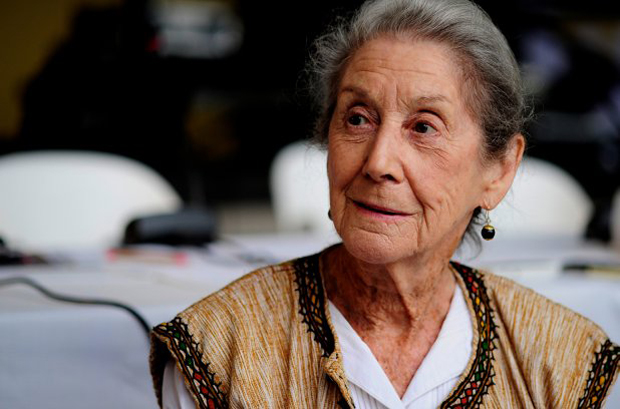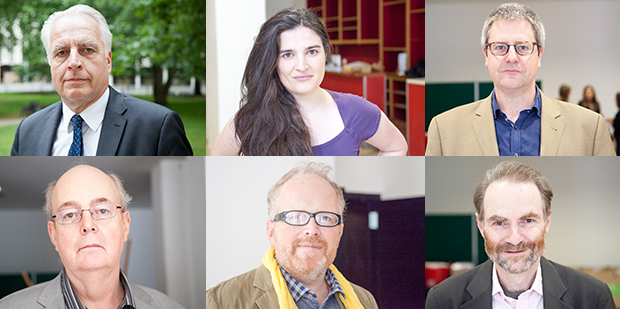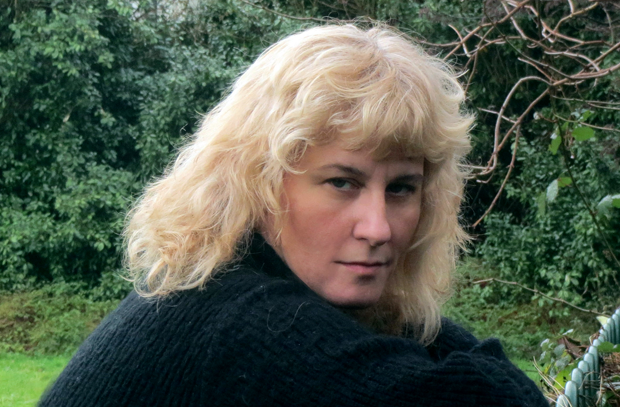The decision not to air the last episode of Du Jour au Lendermain and recent budget cuts have critics up in arms over changes to the cultural arm of France Radio. Valeria Costa-Kostritsky reports
CATEGORY: News

In memory of Nadine Gordimer
Index remembers the Nobel and Booker Prize winning author, activist and long-time Index supporter

Ethiopia: Young bloggers jailed for over two months without charge
Six members of blogging group Zone 9 and three other journalists could could face terrorism charges in one of the world’s deadliest countries for journalists

After the Wall: Index magazine launch at the Goethe Institut
It was a full house at the Goethe Institut in west London on Thursday night as Index magazine launched its latest issue with a debate on freedom in Europe, 25 years after the fall of the Berlin Wall. Did things turned out as we expected?

Jodie Ginsberg: The new dissidents
In 1977, the Russian dissident Alexander Ginzburg — whose detention and sentencing almost a decade earlier helped to spur the creation of Index on Censorship — was again arrested by the Soviet authorities.

Index Awards 2014: Catching up with arts nominee Meltem Arikan
The Turkish playwright and author has finished the script of a new play, “Sheep Republic”, about oppression and how easily it is accepted

Germany: Are online user comments protected by press freedom laws?
A local newspaper in the western German city of Darmstadt is at the centre of a legal case that will measure whether readers’ comments are protected by Germany’s press freedom laws. Catherine Stupp reports

Has Ireland reintroduced criminal libel?
An Irish court has created a precedent where damage to a person’s reputation could lead to criminal sanction — and no one seems to have noticed, writes Padraig Reidy

Facebook’s online shaming mobs
When social media users group together to participate in online vigilantism, what implications are there for freedom of expression? Katie Dancey writes

Did culture and arts prepare Egypt for revolution?
Some believe the stage for Egypt’s 2011 mass uprising was already being set years earlier — with popular culture helping fuel the people’s anger and frustration. Shahira Amin reports
